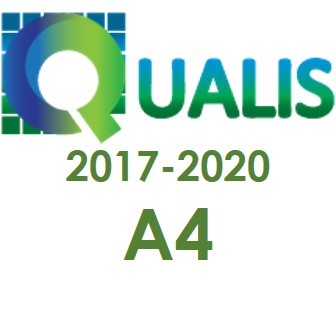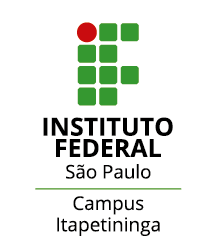Recursos de realidade aumentada e letramentos digitais
Palavras-chave:
Letramentos digitais, Realidade aumentada, Tecnologias digitaisResumo
Este trabalho apresenta nossa pesquisa, que investigou três aplicativos com recursos de Realidade Aumentada – Metaverse, Wikitude e Arts and Culture. Operando sob a ótica dos letramentos (ROJO; MOURA, 2019; MONTE MÓR, 2017), o estudo, de abordagem qualitativa (DENZIN; LINCOLN, 2006), adotou a Etnografia Digital (PINK et al., 2016) por metodologia. Buscamos entender as potencialidades e recursos oferecidos pelas plataformas estudadas de forma a inter-relacioná-las com a perspectiva dos letramentos, a fim de analisarmos em que medida estudantes poderiam (ou não), com auxílio de tais recursos digitais, expressar suas subjetividades em processos educacionais.
Downloads
Referências
AZUMA, R. et al. Recent advances in augmented reality. IEEE Comput Graphics Applications, v. 21, n. 6, p. 34-47, 2001. Disponível em: <https://bit.ly/3NZQFq6>. Acesso em: 3 mar. 2021.
BAWDEN, D. Origins and concepts of digital literacy. In: LANKSHEAR, C.; KNOBEL, M. (Eds.). Digital literacies. New York: Peter Lang, 2008, p. 18-32.
DENZIN, N. K, LINCOLN, Y. S. O planejamento da pesquisa qualitativa: teorias e abordagens. Tradução de Sandra Regina Nelz. 2. ed. Porto Alegre: Artmed, 2006.
DUDENEY, G; HOCKLY, N.; PEGRUM, M. Letramentos digitais. Tradução de Marcos Marcionilo. São Paulo: Parábola, 2016.
GANASCIA, J. G. Inteligência artificial: entre o mito e a realidade. Correio da Unesco, n. 3, jul./set., p. 7-9, 2018. Disponível em: <https://unesdoc.unesco.org/ark:/48223/pf0000265238_por>. Acesso em: 3 mar. 2021.
KAVANAGH, S. et al. A systematic review of virtual reality in education. Themes in Science and Technology Education, v. 10, n. 2, p. 85-119, 2017. Disponível em: < https://bit.ly/43wCyy5>. Acesso em: 3 mar. 2021.
KIRNER, C.; SISCOUTTO, R. A. Fundamentos da realidade virtual e aumentada. In: KIRNER, C.; SISCOUTTO, R. A. (Eds.). Realidade virtual e aumentada: conceitos, projetos e aplicações. Livro do pré-simpósio: IX Symposium on Virtual and Augmented Reality. Petrópolis/RJ, 2007. Disponível em: <http://de.ufpb.br/~labteve/publi/2007_svrps.pdf>. Acesso em: 3 mar. 2021.
LANKSHEAR, C.; KNOBEL, M. (Eds.). Digital literacies: Concepts, Policies and Practices. New York: Peter Lang, 2008.
MONTE MOR, W. M. Sociedade da escrita e sociedade digital: línguas e linguagens em revisão. In: TAKAKI, N.; MONTE MÓR, W. M. Construções de sentido e letramento digital crítico na área de línguas/linguagens. Campinas: Pontes, 2017, p. 267-286.
PINK, S. et al. Digital Ethnography: Principles and Practice. Los Angeles: Sage, 2016.
ROJO. R.; MOURA, E. Letramentos, mídias, linguagens. São Paulo: Parábola, 2019.
Arquivos adicionais
Publicado
Como Citar
Edição
Seção
Licença
Copyright (c) 2023 Revista Brasileira de Iniciação Científica

Este trabalho está licenciado sob uma licença Creative Commons Attribution-NonCommercial-ShareAlike 4.0 International License.




